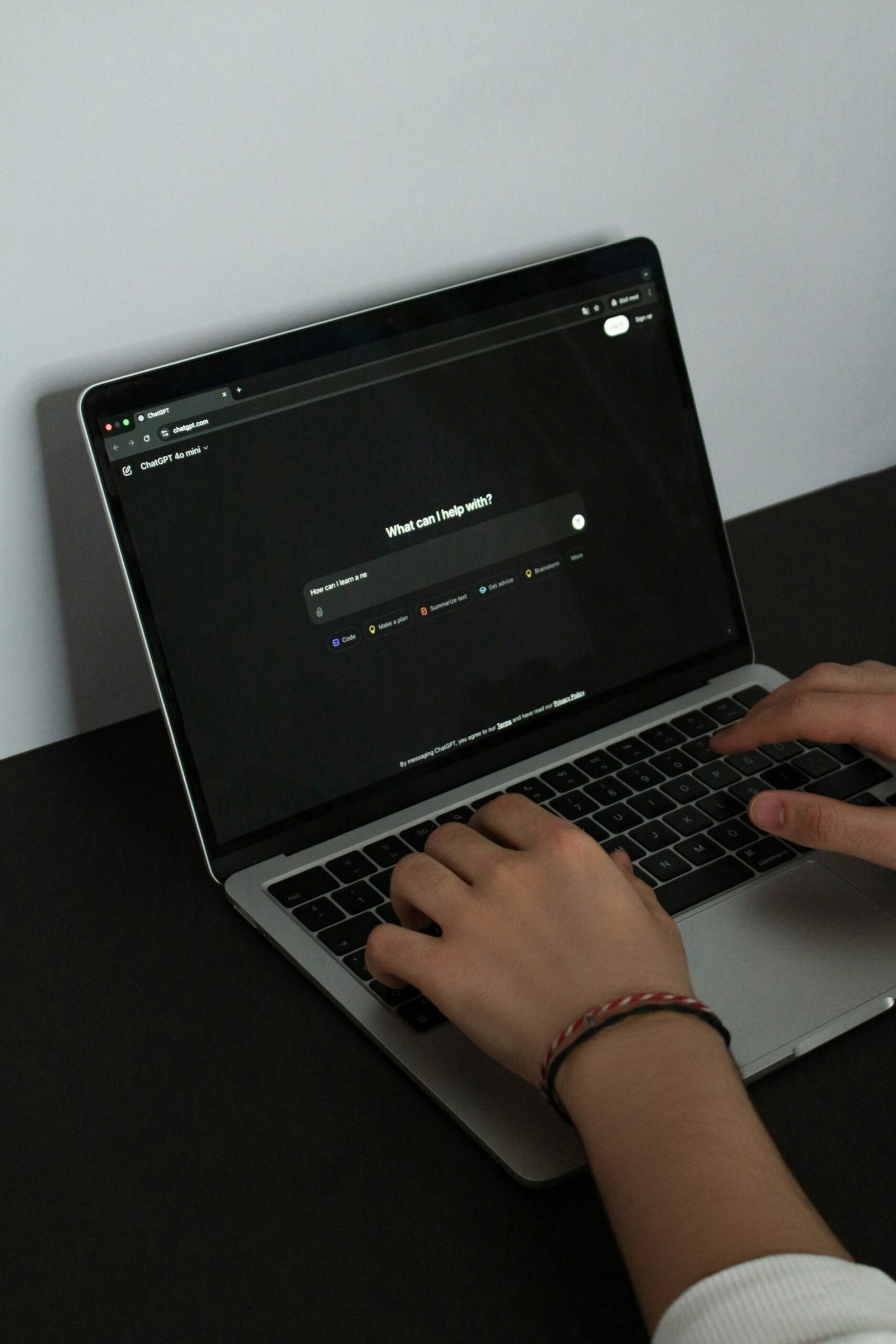In the fast-paced world of software development, quality and speed are no longer mutually exclusive — they’re both essential. Businesses need to deliver flawless products while keeping up with tight release schedules and growing customer expectations. This balance has made Quality Assurance (QA) engineering more crucial than ever. However, with the increasing complexity of applications, traditional testing methods are struggling to keep up.
Enter Artificial Intelligence (AI) — a game-changer that is transforming how software is tested, bugs are detected, and quality is ensured. The rise of AI in QA engineering is ushering in a new era of intelligent automation, predictive analytics, and faster feedback loops.
In this article, we’ll explore how AI is revolutionizing software testing and QA engineering, why businesses should embrace it, and how you can build the right team to leverage its full potential.
The Evolution of QA Engineering
QA engineering has come a long way from manual test scripts and human-led quality checks. In traditional workflows, QA engineers are responsible for designing test cases, executing them, and documenting results — a process that, while effective, is time-consuming and prone to human error.
As software products have grown in complexity, with features rolling out continuously through agile and DevOps practices, manual testing alone can no longer ensure reliability and speed. That’s where automation entered the scene — and now, AI is taking it to the next level.
By integrating AI-powered tools and intelligent automation, QA teams can move from reactive testing to proactive quality management. This evolution enables developers and testers to detect issues early, optimize test coverage, and deliver faster, more stable releases.
If your business wants to ensure high-quality applications without compromising speed, it’s worth considering to hire QA engineers who are skilled in leveraging AI-driven testing tools and frameworks.
How AI Is Transforming Software Testing
AI is enhancing QA processes across every stage of the software testing lifecycle. Here are some key ways it’s reshaping the field:
1. Automated Test Generation
AI algorithms can now analyze requirements, code changes, and historical defects to automatically generate test cases. This dramatically reduces the time QA teams spend writing repetitive test scripts and ensures broader test coverage. Machine learning models can even prioritize test cases based on potential risk, allowing engineers to focus on the most critical areas.
2. Smarter Test Maintenance
Maintaining automated test scripts is one of the biggest challenges in QA — especially when applications frequently update. AI-powered tools can adapt to UI or functionality changes automatically by learning the app’s patterns. This minimizes test failures caused by minor updates and keeps automation stable even in continuous integration environments.
3. Predictive Defect Analysis
By using AI to analyze historical test data, systems can predict which modules or components are most likely to contain defects. This predictive capability helps teams allocate resources more effectively, prevent issues before they occur, and improve release quality.
4. Visual Testing
AI-driven visual testing tools use image recognition and deep learning to detect UI anomalies that traditional automation might miss — such as layout shifts, broken elements, or design inconsistencies. These tools can mimic human perception to ensure the application not only functions properly but also looks right on different devices and browsers.
5. Self-Healing Test Automation
One of the most impressive AI advancements in QA is “self-healing” automation. When a test fails due to a minor code or UI change, AI systems can automatically identify the issue, correct the locator, and continue execution — without manual intervention. This dramatically reduces downtime and maintenance costs.
6. Enhanced Test Data Generation
AI can generate realistic test data based on usage patterns, anonymized user inputs, and historical datasets. This ensures comprehensive coverage while maintaining data privacy — an increasingly important factor in compliance-driven industries like finance and healthcare.
Benefits of AI-Driven QA Engineering
Integrating AI into QA workflows doesn’t just improve efficiency — it transforms the entire software quality ecosystem. Here’s how businesses benefit:
1. Accelerated Release Cycles
AI automates repetitive tasks and enables continuous testing, allowing companies to release updates faster without compromising on quality. This supports agile development and DevOps pipelines seamlessly.
2. Improved Accuracy and Reliability
Machine learning models can analyze massive datasets to detect patterns and potential issues that human testers might miss. This leads to more reliable applications and fewer post-release bugs.
3. Reduced Costs
By minimizing manual intervention, rework, and test maintenance, AI-driven QA can significantly cut operational costs while maximizing efficiency and ROI.
4. Better User Experience
AI’s ability to simulate real-world scenarios and detect subtle performance or visual flaws ensures that applications deliver smoother and more consistent user experiences.
5. Proactive Quality Management
Rather than reacting to bugs after testing, AI enables teams to predict and prevent them — shifting QA from a reactive to a proactive discipline.
The Collaboration Between QA and AI Engineers
As AI becomes more deeply integrated into QA processes, collaboration between QA engineers and AI engineers is becoming essential. QA engineers bring testing expertise, while AI engineers contribute advanced knowledge of algorithms, machine learning, and data processing.
Together, they create intelligent frameworks that continuously learn from test data, adapt to new requirements, and improve accuracy over time. For example, AI engineers can design models that predict failure points in code or automate regression testing using natural language processing.
If your company is exploring how to build AI-driven testing frameworks or implement intelligent automation, it’s beneficial to hire AI engineers who specialize in applying machine learning to real-world software testing challenges.
Real-World Applications of AI in QA
Leading companies across industries are already reaping the benefits of AI-powered QA solutions. Here are a few examples:
- Tech Enterprises: Global tech giants use AI-based testing platforms to automatically detect performance bottlenecks and UI bugs before release.
- E-Commerce Platforms: Retailers employ AI to simulate user behavior, analyze checkout flows, and ensure smooth cross-device experiences.
- Finance & Banking: AI tools perform real-time validation of transaction systems to identify potential security vulnerabilities and compliance risks.
- Healthcare Applications: Machine learning algorithms ensure data accuracy, system reliability, and compliance with privacy regulations in patient-facing systems.
These examples demonstrate that AI isn’t just an enhancement to QA — it’s becoming a fundamental component of modern software development lifecycles.
Building the Future of QA with AI
The future of software testing will be defined by intelligent automation and collaboration between humans and machines. As AI continues to evolve, QA engineers will shift from manual testers to strategic quality analysts who guide AI tools, interpret insights, and make data-driven decisions.
Businesses that embrace AI-driven QA early will gain a significant competitive advantage — faster releases, better products, and happier users.
To stay ahead, companies need to build teams that combine technical precision with AI innovation. Whether through hiring AI specialists to develop intelligent testing systems or partnering with skilled QA engineers to implement and optimize them, this synergy is key to long-term software success.
Final Thoughts
Artificial Intelligence is transforming the landscape of software testing and QA engineering. It’s not replacing human testers — it’s empowering them to work smarter, faster, and more accurately. By combining AI’s analytical power with the expertise of experienced QA professionals, businesses can achieve unmatched software quality and reliability.
As technology continues to advance, organizations that invest in AI-driven QA today will be the ones leading tomorrow’s digital transformation — delivering better products, faster results, and stronger customer satisfaction.









